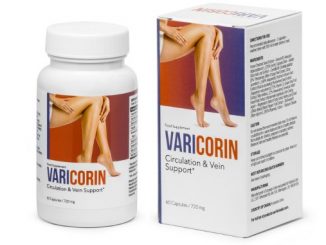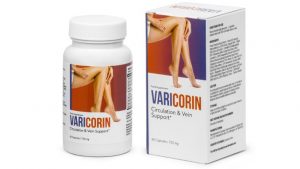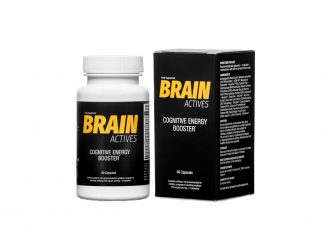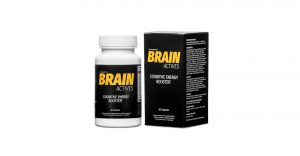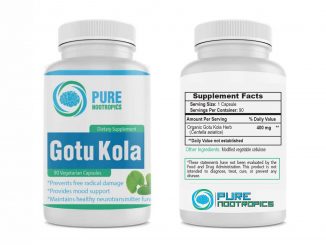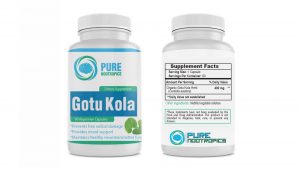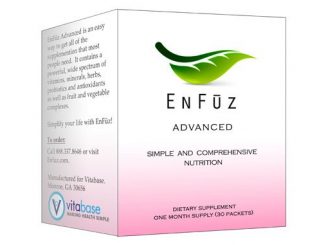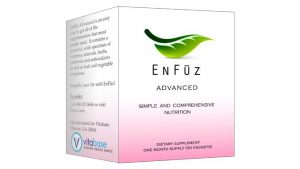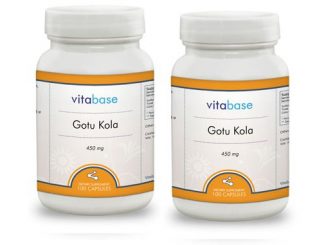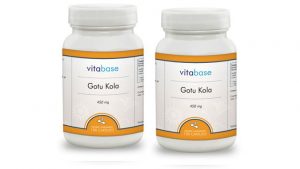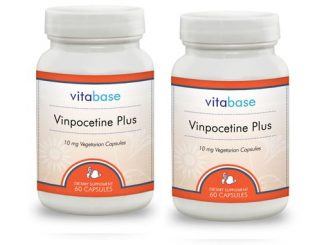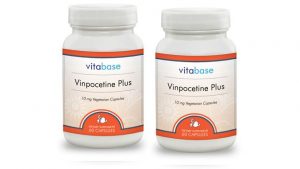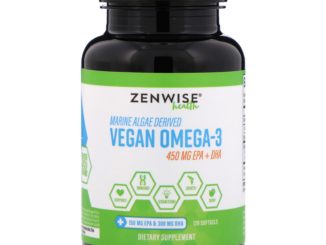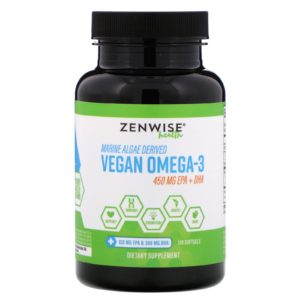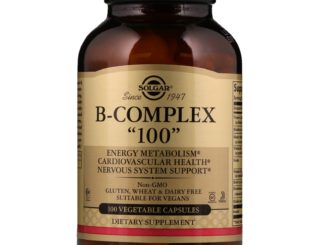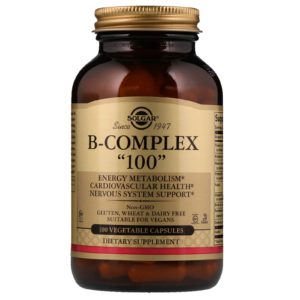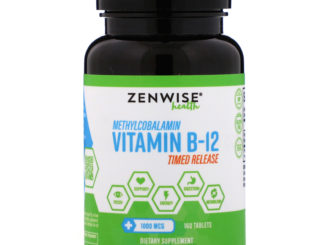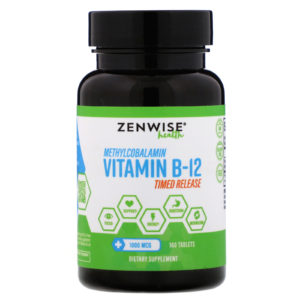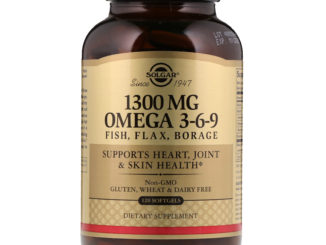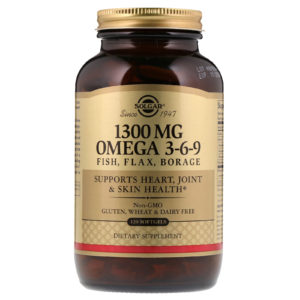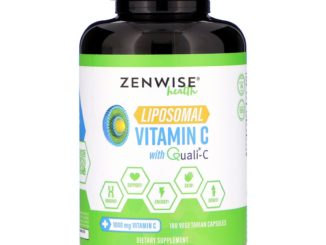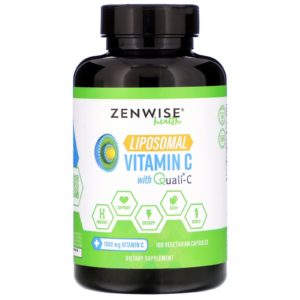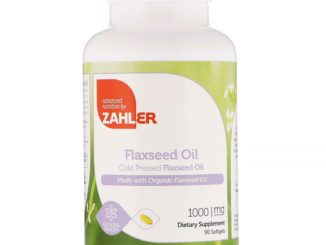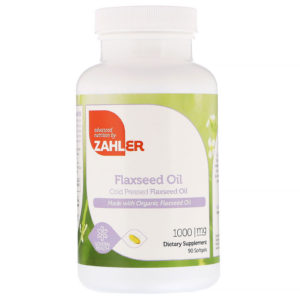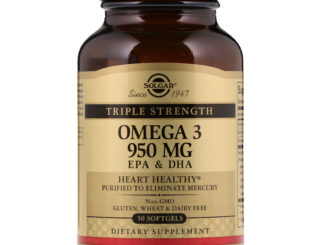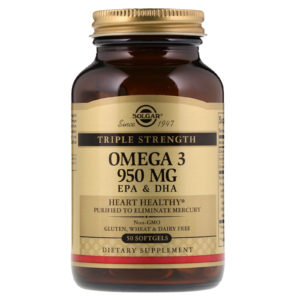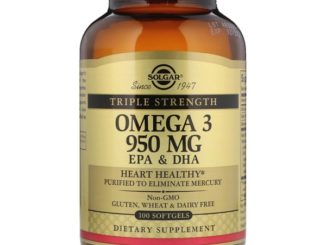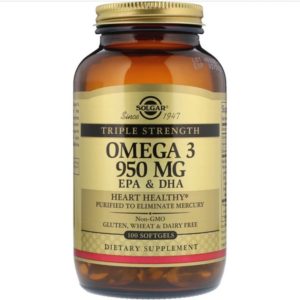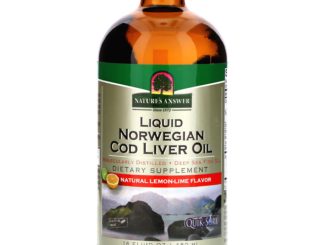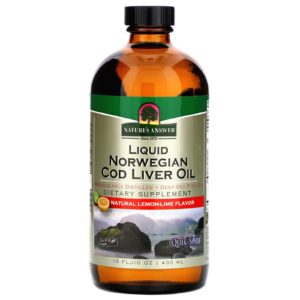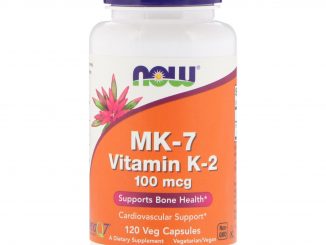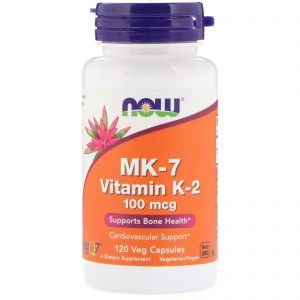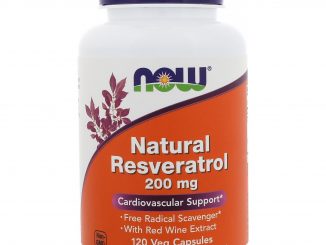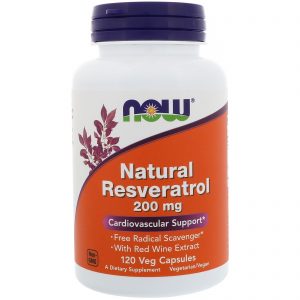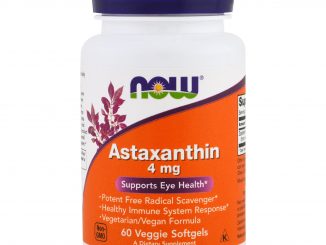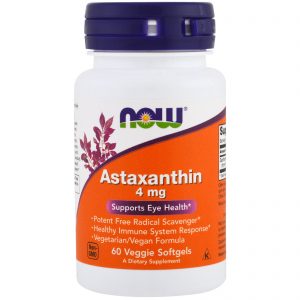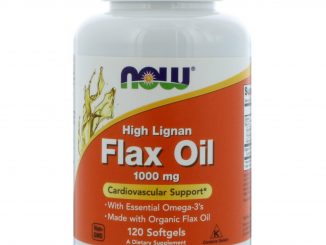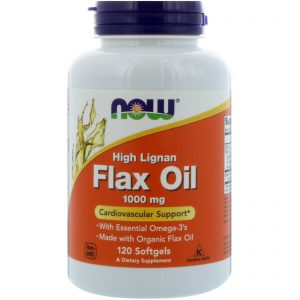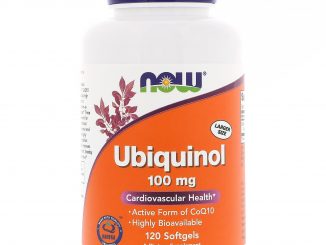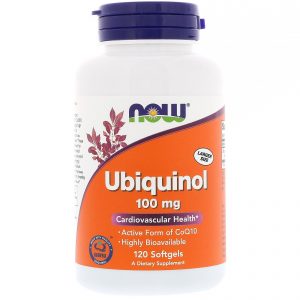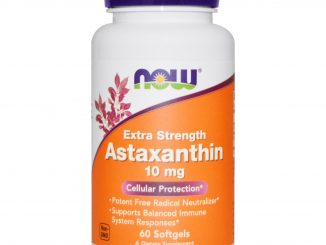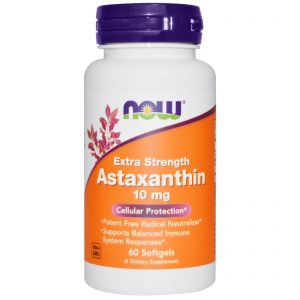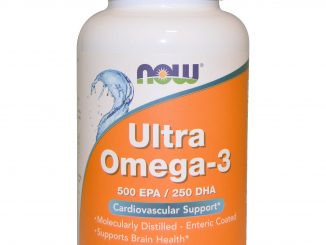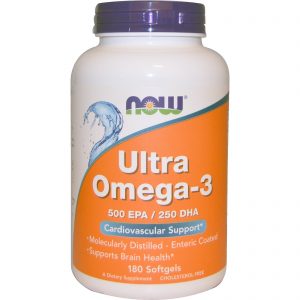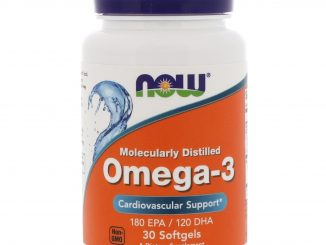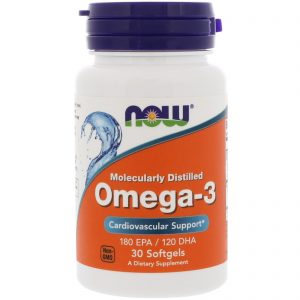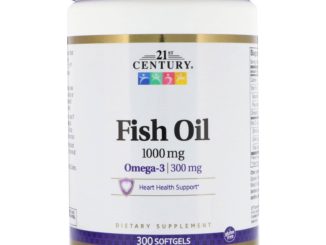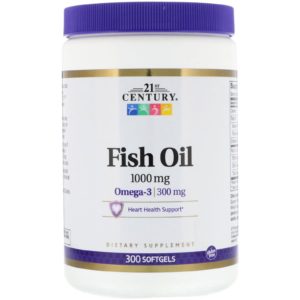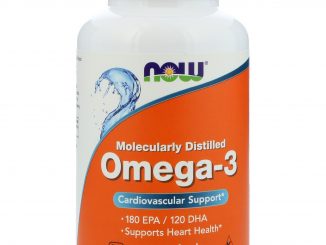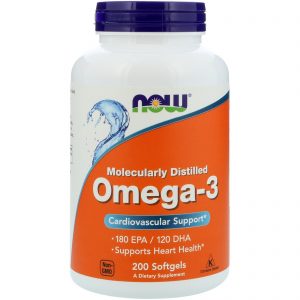Cardiovascular Support - References & External links
The references to scientific articles about Cardiovascular Support are not meant to imply that any products treat, cure, or diagnose any disease or human condition. We encourage our audience to do their own research beyond the resources we have provided so your decision is as educated as possible.
- The properties of Ascorbic Acid in Cardiovascular Support:
Vitamin C deficiency is associated with a higher risk of mortality from CVD and that vitamin C may slightly improve endothelial function and lipid profiles in some groups, especially those with low plasma vitamin C levels.- ELLULU, Mohammed S. Obesity, Cardiovascular Disease, and Role of Vitamin C on Inflammation: A Review of Facts and Underlying Mechanisms. Inflammopharmacology, 2017, 25.3: 313-328. PMID:28168552
- MOSER, Melissa A.; CHUN, Ock K. Vitamin C and Heart Health: A Review Based on Findings From Epidemiologic Studies. International journal of molecular sciences, 2016, 17.8: 1328. PMID:27529239
- The properties of Berberine in Cardiovascular Support:
- FENG, Xiaojun; et al. Berberine in Cardiovascular and Metabolic Diseases: From Mechanisms to Therapeutics. Theranostics, 2019, 9.7: 1923. PMID:31037148
- The properties of Borago Officinalis in Cardiovascular Support:
Borage oil is a rich source of gamma linolenic acid (it contains at least 25% GLA).- GILANI, Anwarul Hassan; BASHIR, Samra; KHAN, Arif-ullah. Pharmacological Basis for the Use of Borago Officinalis in Gastrointestinal, Respiratory and Cardiovascular Disorders. Journal of Ethnopharmacology, 2007, 114.3: 393-399. PMID:17900837
Conclusions: These results suggest that the spasmolytic effects of Bo.Cr are mediated possibly through Ca++ antagonist mechanism, which might explain the traditional use of Borago officinalis in hyperactive gastrointestinal, respiratory and cardiovascular disorders. - BAHARVAND-AHMADI, Babak; et al. An Ethnobotanical Study of Medicinal Plants Administered for the Treatment of Hypertension. Journal of renal injury prevention, 2016, 5.3: 123. PMID:27689107
Conclusion: The ethno-medicinal survey of medicinal plants recommended by traditional healers for the treatment of hypertension provides new areas of research on the antihypertensive effect of medicinal plants. In the case of safety and effectiveness, they can be refined and processed to produce natural drugs.
- GILANI, Anwarul Hassan; BASHIR, Samra; KHAN, Arif-ullah. Pharmacological Basis for the Use of Borago Officinalis in Gastrointestinal, Respiratory and Cardiovascular Disorders. Journal of Ethnopharmacology, 2007, 114.3: 393-399. PMID:17900837
- The properties of Berberis Vulgaris in Cardiovascular Support:
- BAHARVAND-AHMADI, Babak; et al. An Ethnobotanical Study of Medicinal Plants Administered for the Treatment of Hypertension. Journal of renal injury prevention, 2016, 5.3: 123. PMID:27689107
Conclusion: The ethno-medicinal survey of medicinal plants recommended by traditional healers for the treatment of hypertension provides new areas of research on the antihypertensive effect of medicinal plants. In the case of safety and effectiveness, they can be refined and processed to produce natural drugs.
- BAHARVAND-AHMADI, Babak; et al. An Ethnobotanical Study of Medicinal Plants Administered for the Treatment of Hypertension. Journal of renal injury prevention, 2016, 5.3: 123. PMID:27689107
- The properties of Pyridoxine in Cardiovascular Support:
Low dietary intake or reduced blood concentrations of vitamin B6 is associated with an increased risk of cardiovascular disease.- FRISO, Simonetta; et al. Vitamin B6 and Cardiovascular Disease. In: Water Soluble Vitamins. Springer, Dordrecht, 2012, 56: 265-290. PMID:22116704
- JEON, Jimin; PARK, Kyong. Dietary Vitamin B 6 Intake Associated With a Decreased Risk of Cardiovascular Disease: A Prospective Cohort Study. Nutrients, 2019, 11.7: 1484. PMID:31261898
- LOTTO, Valentina; CHOI, Sang-Woon; FRISO, Simonetta. Vitamin B6: A Challenging Link Between Nutrition and Inflammation in CVD. British journal of nutrition, 2011, 106.2: 183-195. PMID:21486513
- PUSCEDDU, Irene; et al. Subclinical Inflammation, Telomere Shortening, Homocysteine, Vitamin B6, and Mortality: The Ludwigshafen Risk and Cardiovascular Health Study. European journal of nutrition, 2019, 2019: 1-13. PMID:31129702
Conclusions: In conclusion, hyperhomocysteinemia and vitamin B6 deficiency are risk factors for death from any cause. Hyperhomocysteinemia and vitamin B6 deficiency correlate with increased mortality. This correlation might, at least partially, be explained by accelerated telomere shortening induced by oxidative stress and systemic inflammation in these circumstances.
- The properties of Pyridoxine Hydrochloride in Cardiovascular Support:
- MIDTTUN, Øivind; et al. Low Plasma Vitamin B-6 Status Affects Metabolism Through the Kynurenine Pathway in Cardiovascular Patients With Systemic Inflammation. The Journal of nutrition, 2011, 141.4: 611-617. PMID:21310866
- ULVIK, Arve; et al. Substrate Product Ratios of Enzymes in the Kynurenine Pathway Measured in Plasma as Indicators of Functional Vitamin B-6 Status. The American journal of clinical nutrition, 2013, 98.4: 934-940. PMID:24004893
Conclusion: Plasma values of HK:XA and HK:HAA, which are substrate-product pairs for kynurenine transaminase and kynureninase, respectively, may reflect the intracellular availability of the cofactor (PLP) and, therefore, present as potential markers of functional vitamin B-6 status.
- The properties of Vitis Vinifera in Cardiovascular Support:
- KIM, Jong-Kyung; et al. Grape Seed Extract Supplementation Attenuates the Blood Pressure Response to Exercise in Prehypertensive Men. Journal of medicinal food, 2018, 21.5: 445-453. PMID:29683391
- FERINGA, Harm H. H.; et al. The Effect of Grape Seed Extract on Cardiovascular Risk Markers: A Meta-Analysis of Randomized Controlled Trials. Journal of the American Dietetic Association, 2011, 111.8: 1173-1181. PMID:21802563
- The properties of Centella Asiatica in Cardiovascular Support:
- RAZALI, Nur Nadia Mohd; NG, Chin Theng; FONG, Lai Yen. Cardiovascular Protective Effects of Centella asiatica and Its Triterpenes: A Review. Planta medica, 2019, 85.16: 1203-1215. PMID:31539918
- The properties of Resveratrol in Cardiovascular Support:
Recent experimental studies have found that resveratrol offers a variety of benefits that include both anticarcinogenic and anti-inflammatory effects in addition to the ability to reverse obesity, attenuate hyperglycemia and hyperinsulinemia, protect heart and endothelial function, and increase the life span.- CHO, Sanghyun; et al. Cardiovascular Protective Effects and Clinical Applications of Resveratrol. Journal of medicinal food, 2017, 20.4: 323-334. PMID:28346848
- WICIńSKI, Michał. Beneficial Effects of Resveratrol Administration-Focus on Potential Biochemical Mechanisms in Cardiovascular Conditions. Nutrients, 2018, 10.11: 1813. PMID:30469326
- BONNEFONT-ROUSSELOT, Dominique. Resveratrol and Cardiovascular Diseases. Nutrients, 2016, 8.5: 250. PMID:27144581
- LI, Huige; et al. Resveratrol and Vascular Function. International journal of molecular sciences, 2019, 20.9: 2155. PMID:31052341
- ZORDOKY, Beshay N. M.; ROBERTSON, Ian M.; DYCK, Jason R. B. Preclinical and Clinical Evidence for the Role of Resveratrol in the Treatment of Cardiovascular Diseases. Biochimica et Biophysica Acta (BBA)-Molecular Basis of Disease, 2015, 1852.6: 1155-1177. PMID:25451966
- The properties of Fish Oil in Cardiovascular Support:
Fish oil is recommended for the management of hypertriglyceridemia and to prevent secondary cardiovascular disorders. Fish oil is a major source of ω-3-polyunsaturated fatty acids (PUFAs) such as eicosapentaenoic acid (EPA) and docosahexaenoic acid (DHA). Clinical studies suggest that fish oil not only prevents the incidence of detrimental cardiovascular events, but also lowers the cardiovascular mortality rate.- BALAKUMAR, Pitchai; TANEJA, Gaurav. Fish Oil and Vascular Endothelial Protection: Bench to Bedside. Free Radical Biology and Medicine, 2012, 53.2: 271-279. PMID:22584102
- The properties of Omega-3 Acids in Cardiovascular Support:
Omega-3 Fatty acids benefit multiple risk factors including blood pressure, blood vessel function, heart function and blood lipids, and they have antithrombotic, anti-inflammatory and anti-oxidative actions. Supplementation with Omega-3 (ω3) fatty acids is recommended in individuals with elevated blood triglyceride levels and patients with coronary heart disease.- MORI, Trevor A. Marine OMEGA-3 Fatty Acids in the Prevention of Cardiovascular Disease. Fitoterapia, 2017, 123: 51-58. PMID:28964873
- JAIN, A. P.; AGGARWAL, K. K.; ZHANG, P. Y. Omega-3 Fatty Acids and Cardiovascular Disease. Eur Rev Med Pharmacol Sci, 2015, 19.3: 441-5. PMID:25720716
- MASON, R. Preston. New Insights Into Mechanisms of Action for Omega-3 Fatty Acids in Atherothrombotic Cardiovascular Disease. Current atherosclerosis reports, 2019, 21.1: 2. PMID:30637567
- FARZANEH-FAR, Ramin; et al. Association of marine omega-3 fatty acid levels with telomeric aging in patients with coronary heart disease. Jama, 2010, 303.3: 250-257. PMID:20085953
Conclusion: Among this cohort of patients with coronary artery disease, there was an inverse relationship between baseline blood levels of marine omega-3 fatty acids and the rate of telomere shortening over 5 years.
- The properties of Omega-6 Acids in Cardiovascular Support:
Supplementation of omega-6 fatty acids may be beneficial in people at high risk of myocardial infarction.- HOOPER, Lee; et al. Omega-6 Fats for the Primary and Secondary Prevention of Cardiovascular Disease. Cochrane Database of Systematic Reviews, 2018, 7: CD011094. PMID:30019765
conclusions: This is the most extensive systematic assessment of effects of omega-6 fats on cardiovascular health, mortality, lipids and adiposity to date, using previously unpublished data. We found no evidence that increasing omega-6 fats reduces cardiovascular outcomes other than MI, where 53 people may need to increase omega-6 fat intake to prevent 1 person from experiencing MI. Although benefits of omega-6 fats remain to be proven, increasing omega-6 fats may be of benefit in people at high risk of MI. Increased omega-6 fats reduce serum total cholesterol but not other blood fat fractions or adiposity. - AL-KHUDAIRY, Lena; et al. Omega 6 Fatty Acids for the Primary Prevention of Cardiovascular Disease. Cochrane Database of Systematic Reviews, 2015, 11: CD011094. PMID:26571451
conclusions: We found no studies examining the effects of either increased or decreased omega 6 on our primary outcome CVD clinical endpoints and insufficient evidence to show an effect of increased or decreased omega 6 intake on CVD risk factors such as blood lipids and blood pressure. Very few trials were identified with a relatively small number of participants randomised. There is a need for larger well conducted RCTs assessing cardiovascular events as well as cardiovascular risk factors.
- HOOPER, Lee; et al. Omega-6 Fats for the Primary and Secondary Prevention of Cardiovascular Disease. Cochrane Database of Systematic Reviews, 2018, 7: CD011094. PMID:30019765
- The properties of Docosahexaenoic Acid in Cardiovascular Support:
DHA inhibits the development of inflammation in endothelial cells, alters the function and regulation of vascular biomarkers, and reduces cardiovascular risk.- YAMAGATA, Kazuo. Docosahexaenoic Acid Regulates Vascular Endothelial Cell Function and Prevents Cardiovascular Disease. Lipids in health and disease, 2017, 16.1: 118. PMID:28619112
- The properties of Eicosapentaenoic Acid in Cardiovascular Support:
The omega-3 fatty acid eicosapentaenoic acid (EPA) has multiple actions potentially conferring cardiovascular benefit, including lowering serum triglyceride (TG) and non-high-density lipoprotein cholesterol (non-HDL-C) levels and potentially reducing key steps in atherogenesis.- GOLZARI, Mohammad Hassan; et al. Effect of Eicosapentaenoic Acid (EPA) Supplementation on Cardiovascular Markers in Patients With Type 2 Diabetes Mellitus: A Randomized, Double-Blind, Placebo-Controlled Trial. Diabetes & Metabolic Syndrome: Clinical Research & Reviews, 2018, 12.3: 411-415. PMID:29588138
Conclusion: EPA supplementation in patients with T2DM for eight weeks had beneficial effects on Met, Cys and AIP, which may attribute to the prevention of vascular complications in the T2DM patients. - BRINTON, Eliot A.; MASON, R. Preston. Prescription omega-3 Fatty Acid Products Containing Highly Purified Eicosapentaenoic Acid (EPA). Lipids in health and disease, 2017, 16.1: 23. PMID:28137294
- NELSON, John R.; RASKIN, S. The Eicosapentaenoic Acid:arachidonic Acid Ratio and Its Clinical Utility in Cardiovascular Disease. Postgraduate medicine, 2019, 131.4: 268-277. PMID:31063407
- NELSON, John R.; et al. Can Pleiotropic Effects of Eicosapentaenoic Acid (EPA) Impact Residual Cardiovascular Risk? Postgraduate medicine, 2017, 129.8: 822-827. PMID:28974128
- GOLZARI, Mohammad Hassan; et al. Effect of Eicosapentaenoic Acid (EPA) Supplementation on Cardiovascular Markers in Patients With Type 2 Diabetes Mellitus: A Randomized, Double-Blind, Placebo-Controlled Trial. Diabetes & Metabolic Syndrome: Clinical Research & Reviews, 2018, 12.3: 411-415. PMID:29588138
- The properties of Alpha-Linolenic Acid in Cardiovascular Support:
- MORI, Trevor A. Marine OMEGA-3 Fatty Acids in the Prevention of Cardiovascular Disease. Fitoterapia, 2017, 123: 51-58. PMID:28964873
- The properties of Reynoutria Japonica in Cardiovascular Support:
- LEE, Wonhwa; KU, Sae-Kwang; BAE, Jong-Sup. Emodin-6-O-β-D-glucoside Down-Regulates Endothelial Protein C Receptor Shedding. Archives of pharmacal research, 2013, 36.9: 1160-1165. PMID:23588681
- The properties of Astaxanthin in Cardiovascular Support:
- FASSETT, Robert G.; COOMBES, Jeff S. Astaxanthin, oxidative stress, inflammation and cardiovascular disease. Future cardiology, 2009, 5.4: 333-342. PMID:19656058
- FASSETT, Robert G.; COOMBES, Jeff S. Astaxanthin: a potential therapeutic agent in cardiovascular disease. Marine drugs, 2011, 9.3: 447-465. PMID:21556169


























































